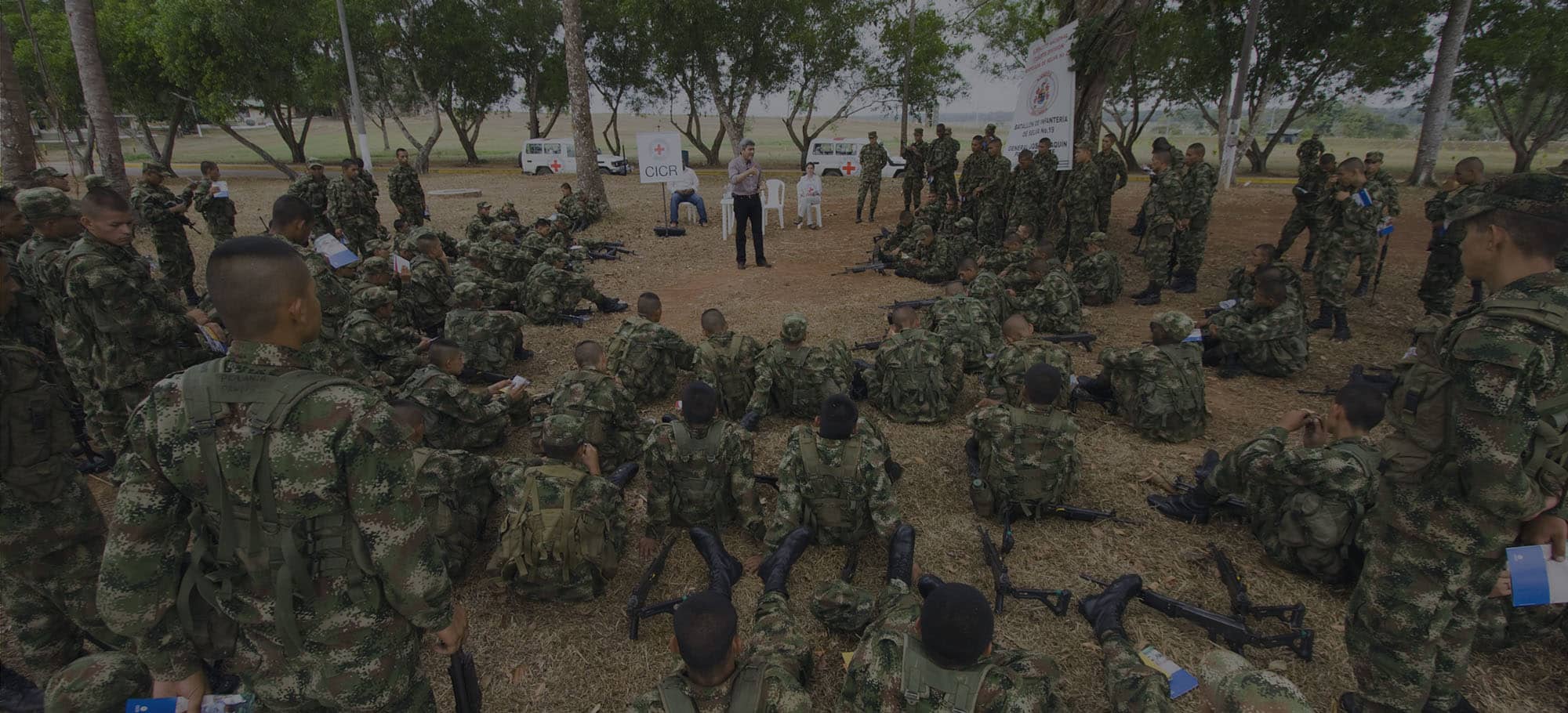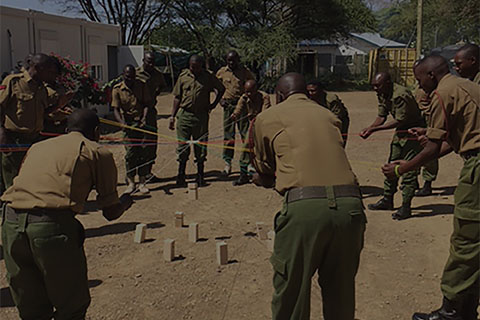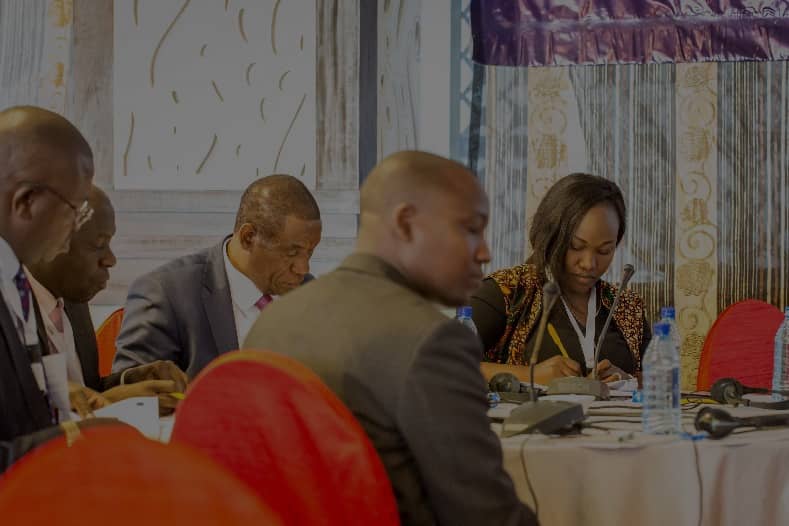In many contexts, companies need to work with public security forces in their area of operations. The presence of public security can lead to human rights risks for communities as well as security risks for the company.
This section helps navigate topics like:
- How to develop clear memoranda of understanding/agreements with public security
- How to vet public security forces in fragile contexts
- How to address gaps or weaknesses in training and equipment





